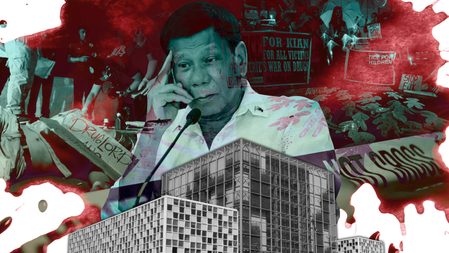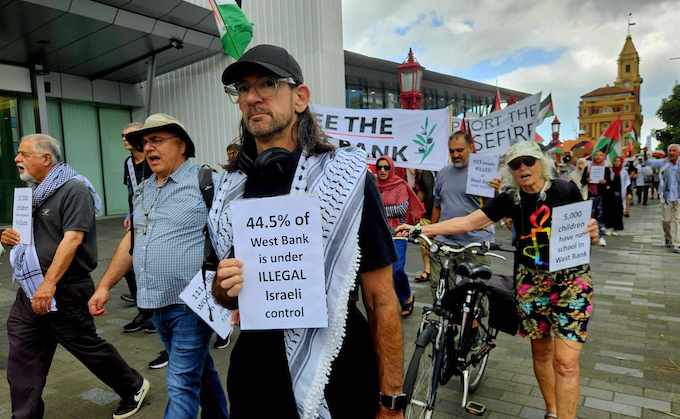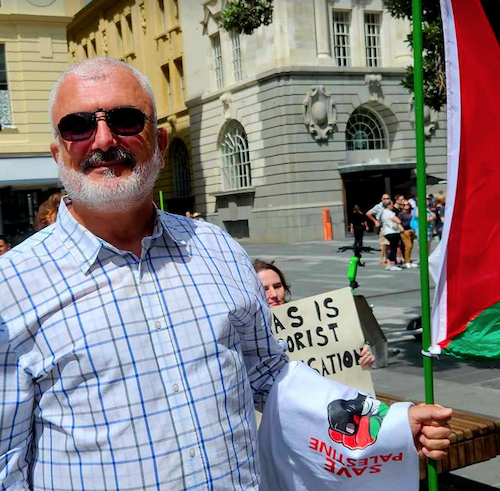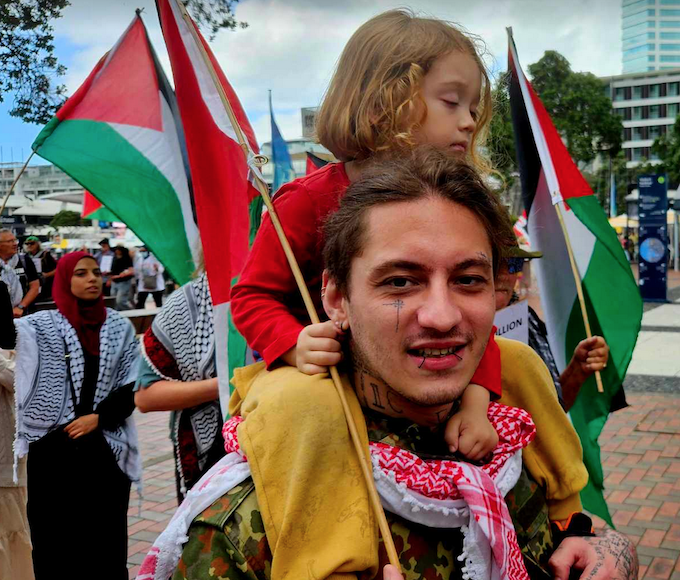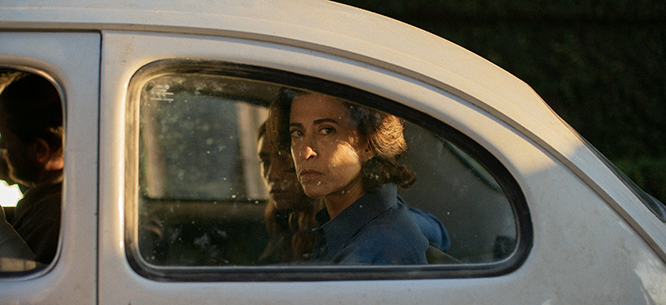
It is quite possible to take apart virtually any report in the Guardian on Gaza – as I have done with a story in today’s paper – and identify the same kinds of journalistic malpractice.
Further, I could have taken any paragraph in the article and parsed it in much the same way as I do below. But for the sake of brevity, I have selected four paragraphs (each in bold) that illustrate the abysmal state of reporting about Gaza by Britain’s supposedly most serious, liberal newspaper.
Note that these misrepresentations are included in a story that is ostensibly critical of Israel. A new report by the United Nations accuses Israel of physically abusing and torturing its staff, including teachers, doctors, and social workers, and of using others as human shields.
The language and framing used by the Guardian below serve to dilute the impact of the UN report, and thereby give Israel’s behaviour far more legitimacy than it deserves.
“The Palestine Red Crescent Society said on Tuesday that Israel had released a medic held since a deadly and hugely controversial attack by Israeli troops on ambulances in southern Gaza on 23 March.”
“Hugely controversial” is the Guardian’s cowardly way of referring to an indisputable atrocity. Israel murdered 15 paramedics and fire crew members in a three-and-a-half-minute hail of bullets on clearly marked emergency vehicles. Israel then crushed the vehicles, and buried them and the crews’ bodies to hide the evidence.
In what world is that only “controversial”?
“Controversy” implies two sides to an issue. It suggests room for doubt. There is no debate or doubt about what happened, apart from one perpetuated by the Western media. Had Russia done the same to Ukrainian medics, the Guardian would be calling it what it is: a war crime.
War crimes aren’t “controversial”. They are war crimes.
“Israel banned all cooperation with UNRWA’s activities in Gaza and the occupied West Bank earlier this year, and claims the [United Nations] agency has been infiltrated by Hamas, an allegation that has been fiercely contested.”
Again, “fiercely contested” is the Guardian’s weaselly way of giving credence to an obvious Israeli lie. Israel has had many, many months to produce even a sliver of evidence to support its claim that Hamas infiltrated the UN refugee agency, UNRWA – and they have signally failed to do so.
To call the smear an “allegation” and claim it is “contested” is to suggest that someone apart from Israel takes the smear seriously. They don’t. That is why it is a smear.
“Rights groups accuse Israel of using a ‘starvation tactic’ that endangers the whole population, potentially making it a war crime.”
It is not just “rights groups”, and it’s not just an “accusation”. The International Criminal Court has an arrest warrant out for Israeli Prime Minister Benjamin Netanyahu for crimes against humanity, and one of those crimes is for starving Gaza’s population. Israel’s starvation policy has actually intensified since Israel broke the ceasefire agreement last month. Israeli leaders even proudly admit they are starving the population. So, how is that just an “accusation”?
And starving the population isn’t just “potentially” a war crime. It is a war crime. It is a prime example in international law of “collective punishment” – collectively punishing civilians for the actions of their leaders. And in this case, “punishment” is starving them to death – the gravest kind of collective punishment and the gravest kind of war crime.
“Israel’s prime minister, Benjamin Netanyahu, has vowed to continue the offensive until all the hostages are returned and Hamas is either destroyed or agrees to disarm and leave the territory.”
Journalists usually use the word “vow” to indicate a positive view of a proposed action. A more neutral word here would be “threatened”. Even the conservative International Court of Justice suspects Israel is committing genocide in Gaza. How does “Netanyahu vowed to continue the genocide until all the hostages are returned” sound? Strange? Outrageous? Then, you understand the point.
Further, why is the Guardian parroting only the most self-serving of Netanyahu’s claims about the aims of Israel’s war crimes (while giving Israel the benefit of the doubt about whether they are war crimes)? There are a whole host of other, far more plausible reasons for Israel destroying all of Gaza’s infrastructure, including its hospitals, and killing and maiming 100,000s of Palestinians, than “getting the hostages back” or “disarming Hamas”.
They include an aim stated by Netanyahu and other Israeli leaders that they wish to “encourage” Palestinians to leave their homeland. The wanton death and destruction spread by Israel seem to be what they all mean by “encouragement”.
The constant drip-drip of skewed language, slanted reporting, and prejudicial framing by the Western media has a purpose. It is intended to erode the reader’s sense of right and wrong, fact and fiction, victim and oppressor.
It is there to disorientate us, leaving us more open to disbelieving what we can see with our own eyes: that there is a genocide going on, and our own leaders are actively assisting it.
The post The Drip-drip of Slanted Gaza Reporting Erodes Our Sense of Right and Wrong first appeared on Dissident Voice.This post was originally published on Dissident Voice.


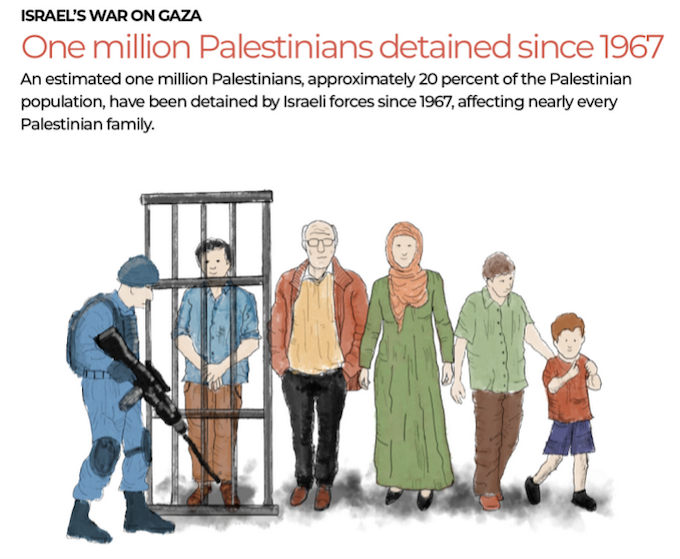
 Sympathy for Israeli former captive Eli Sharabi must not obscure the bigger picture: he has allowed himself to be recruited to Israel’s propaganda campaign for genocide.
Sympathy for Israeli former captive Eli Sharabi must not obscure the bigger picture: he has allowed himself to be recruited to Israel’s propaganda campaign for genocide.